National Highways is focusing more on the environment than ever before with the launch of a dedicated environmental division, according to Stephen Elderkin, who was at the start of the year appointed as director of environmental sustainability at the organisation.
Elderkin is well aware of the need for roads, but that they must sit within a wider environmental framework. “There is no question that roads are part of the future of the UK’s transport system and will continue to cater for the vast majority of passenger miles and freight movements. But what is really critical is that we are able to meet that demand in a sustainable way,” he told Autocar in an exclusive interview.

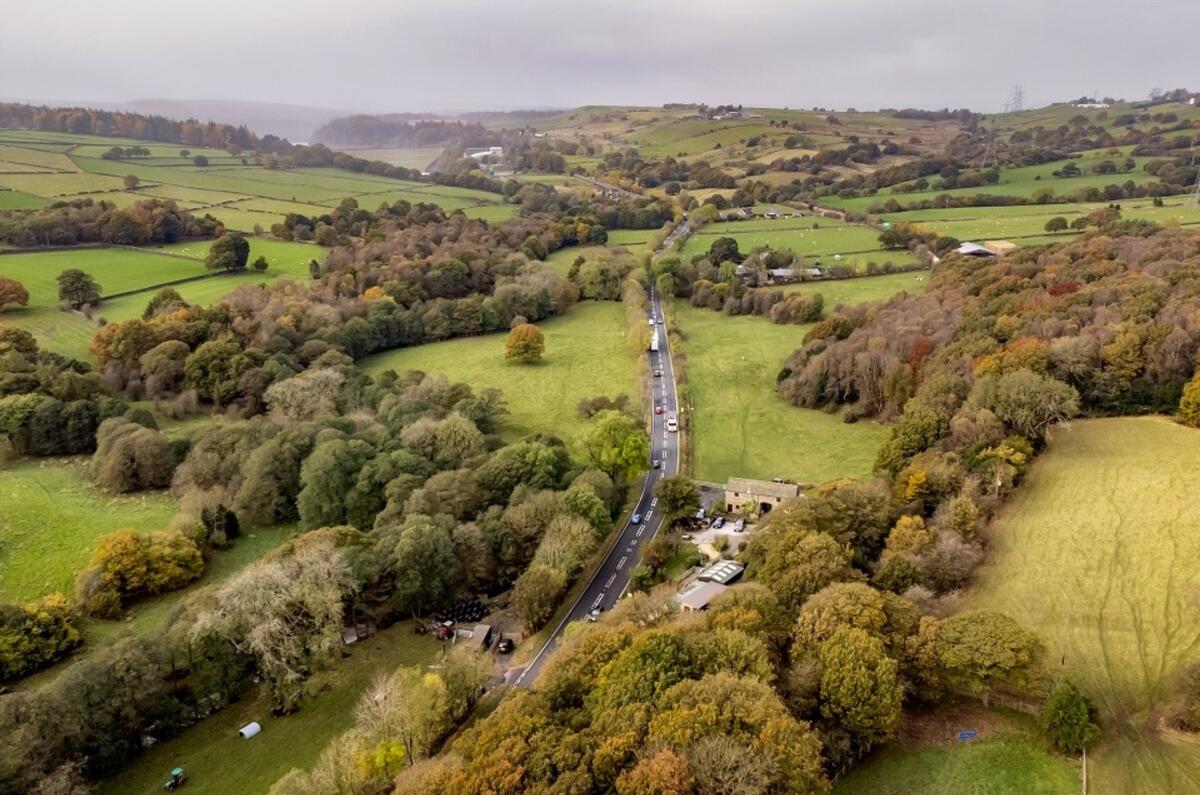
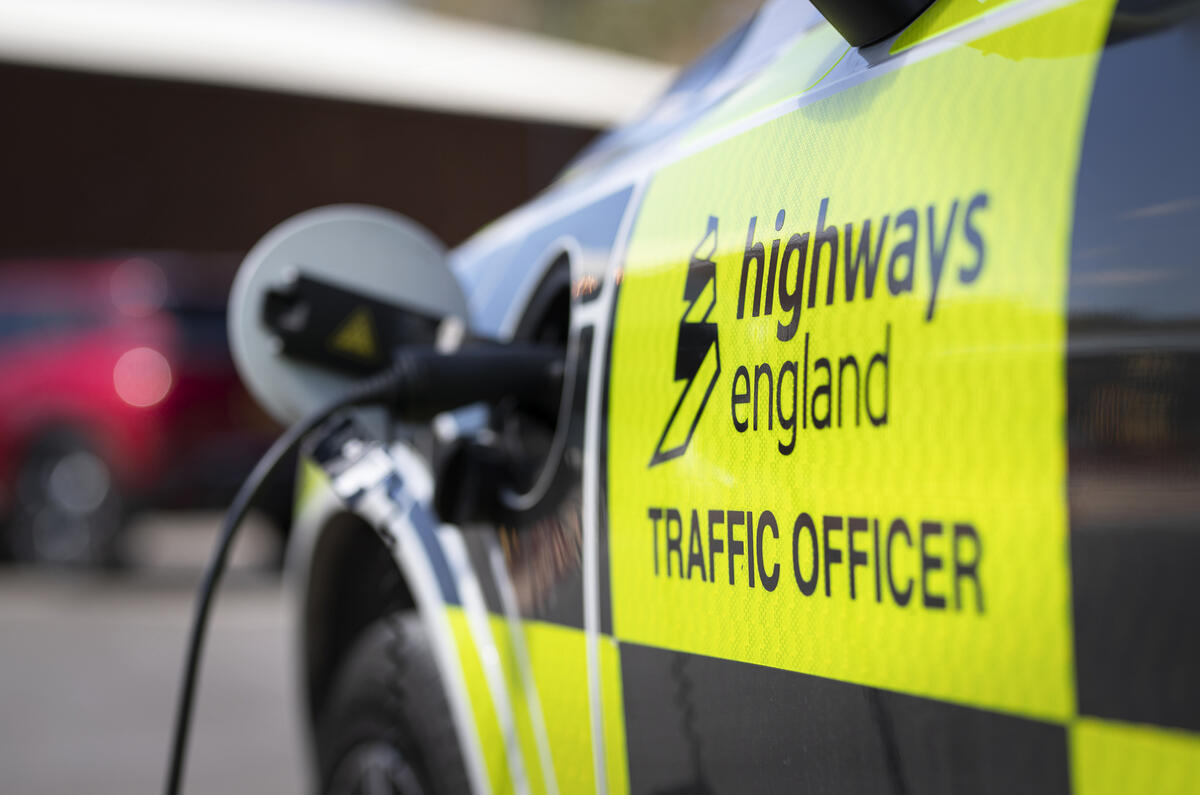

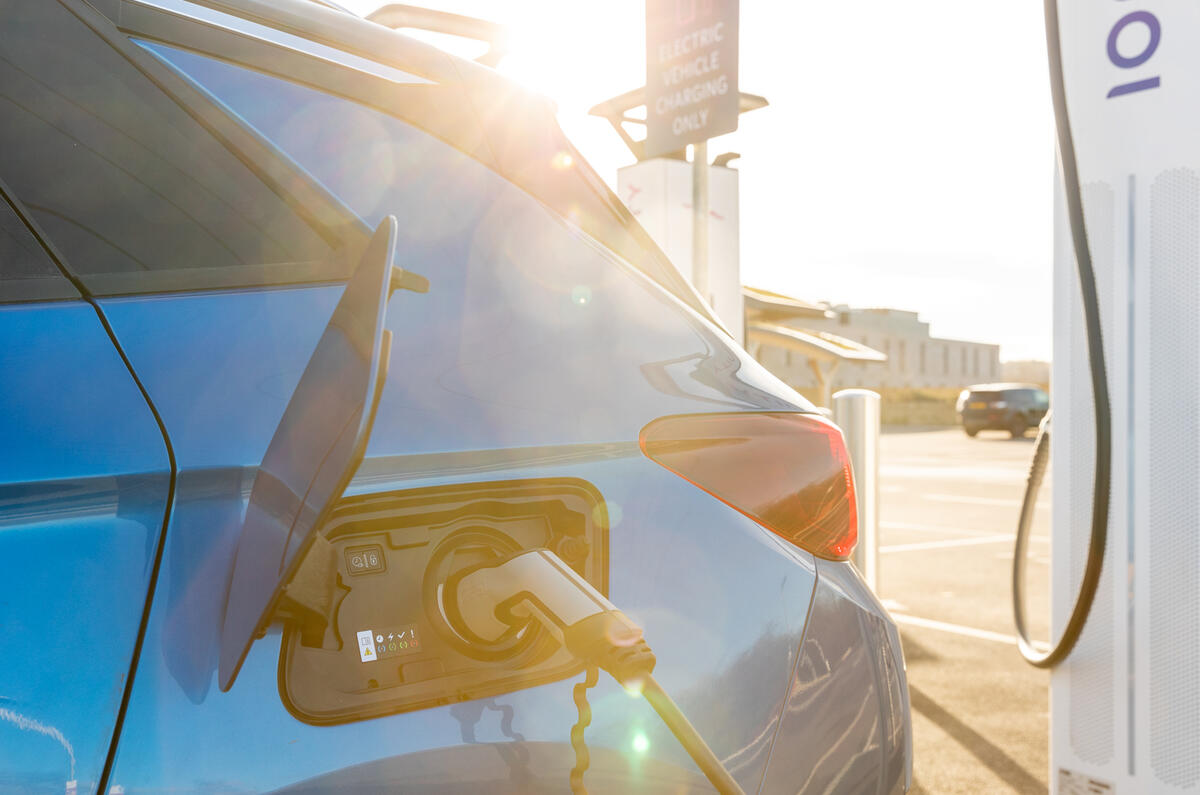
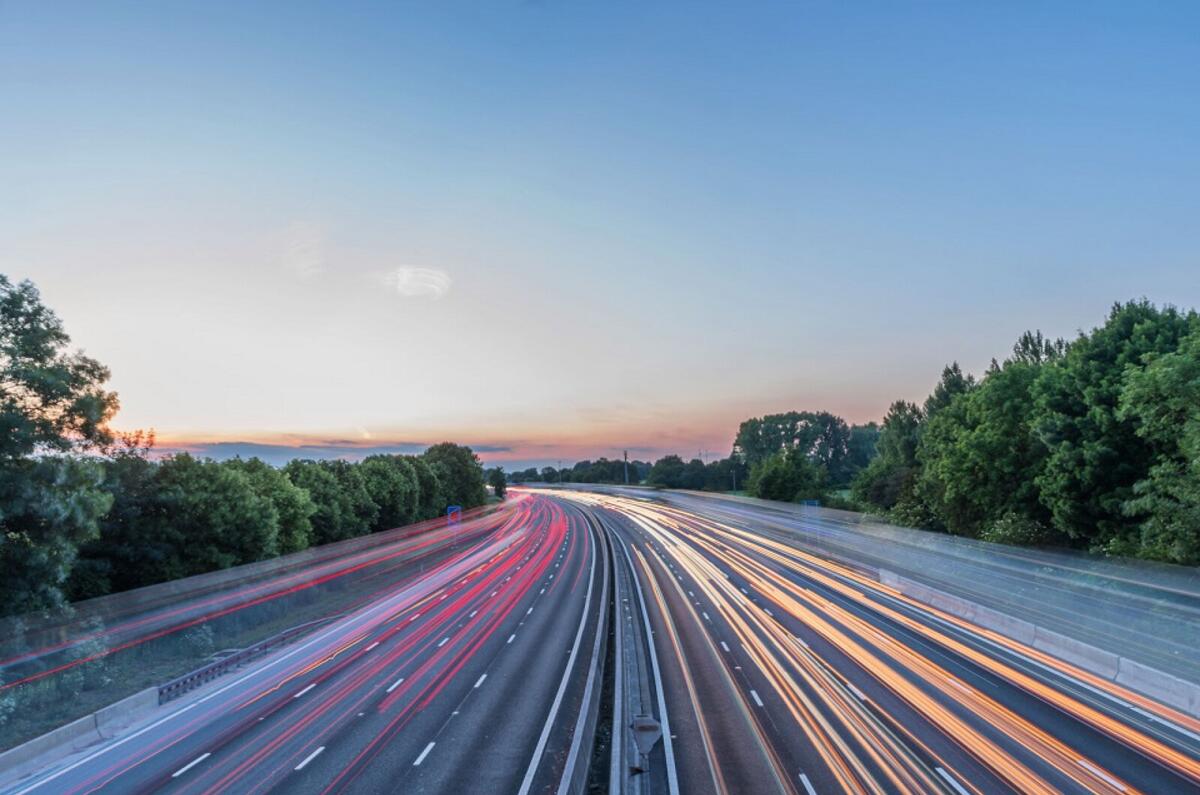
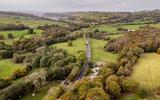
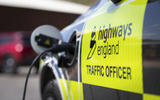

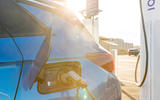
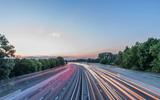


Join the debate
Add your comment
Two thoughts. First, the people who say we should just stop building roads don't understand the impact of drivecle on energy usage and emissions. Stop start traffic is terrible, even with regen and especially for ICE, which will be around in volume for at least 15 years. Constant speed is good for both. There is then the economic impact - to individuals and to businesses, which adds to inflation - of time wasted in traffic jams. Second point is that road emissions are about much more than tailpipe. The Environment Agency turns up here every quarter to monitor the quality of the water in the river. The technitian told me that this is the first quarter in which road wash ecceeded agricultural wash, largely due to the emission of tyre particulates (due to increasing vehicle weight) increasing more quickly than exhaust particulates are falling. Road drainage therefore needs to incorporate filtration systems to stop this material entering our rivers and streams. They know how to do it, but it's expensive so won't happen without regulations or a swell in public opinion.
@ strider
Fair point made.
Another civil servant living in his own personal bubble. His comment Digital roads amused me....digital roads for analogue users! thats bound to end well.
I can give Elderkin a tip for free - given his comment about emissions created repairing roads....DO THE JOB ONCE (PROPERLY) INSTEAD OD PUDDLING A BIT OF TARMAC INTO A WET BOGGY HOLE WHICH WILL NEED DOING AGAIN WITHIN3-4 MONTHS!
The only person winning out of the current shameful repairs (even if they happen at all), is the contractors who are ripping the Highways off with shoddy work...and therefore robbing (our) taxpayers money.
I am fed up with constant excessive wear and tear on my cars suspension and tyres whilst this fiasco continues unchallenged.